BAD FAITH INSURANCE PRACTICES
Insurance plays an important role in our society. The average American cannot afford to pay for the most catastrophic losses that they may experience in their life. By combining with others, however, they can pay insurance premiums that distribute the risk of a catastrophic loss or liability. The primary purpose of insurance should be to pool that risk of loss and provide insurance coverage in a time of need.
BAD FAITH INSURANCE PRACTICES
The insurance industry, however, is an extremely powerful industry that is prone to the same type of corporate abuses seen in other industries. Too often insurance companies place their own economic interests above those of the policyholder. Common bad faith practices include conducting inadequate investigations of claims, making “lowball” settlement offers of claims, ignoring claims for long periods of time and refusing to communicate with the claimant, and relying on policy exclusions that were not intended to apply to the claim presented by the policyholder.
When your own insurance company acts in bad faith when you make a claim for damages it called a “vexatious refusal” to pay. Examples of vexatious refusal include refusal to pay and honor uninsured and underinsured motorist claims, refusal to pay medical benefits unless the policyholder agrees to reimburse the insurance company (for many Missouri health insurance policies), and refusal to pay life or fire and casualty insurance claims. Missouri law provides that a policyholder who is a victim of vexatious refusal to pay can recover penalties against the insurance company and be awarded their attorney’s fees.
The second way to fight bad faith practices is to file a bad faith insurance action. These actions apply when someone else’s insurance company treats you unfairly. If someone causes injury to you and their insurance company refuses to offer a fair settlement, fails to conduct an adequate investigation, or denies coverage the insurance company’s actions may rise to the level of bad faith. These actions are very complex as the claim for bad faith cannot ordinarily be brought by the injured party. With proper planning, however, the injured party can negotiate for the right to proceed against the other party’s insurance company or assist the other party in presenting a bad faith claim to their insurance company. A successful bad faith insurance claim may include recovery of all of the damages sustained by the injured party, attorney’s fees incurred by the policyholder, and punitive damages.
Often insurance companies play a valuable role in a time of need. Too often, however, the bottom line is placed above the interests of the policyholder. When this occurs the we can assist you in forcing the insurance company to live up to its obligations.
